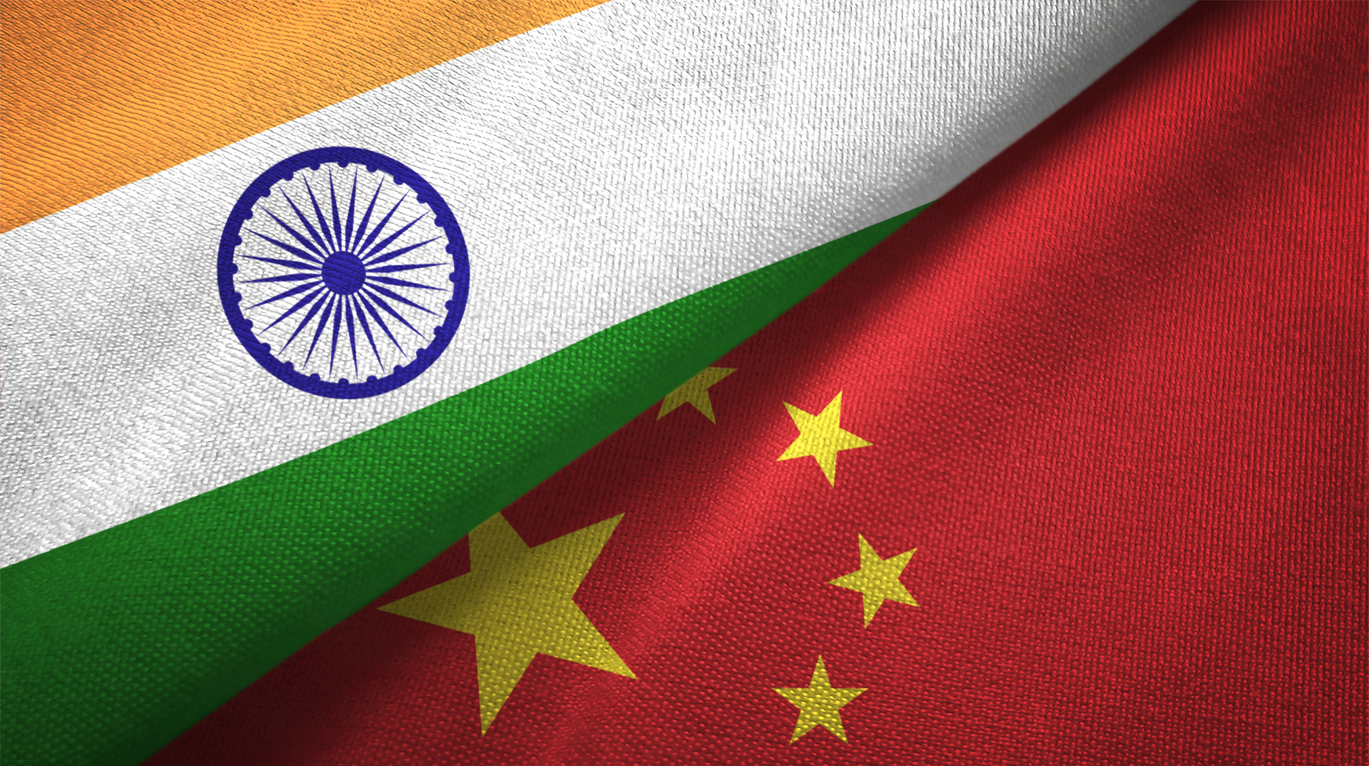
December 18, 2024
Both nations reaffirmed their commitment to finding a fair and mutually acceptable resolution to the boundary dispute based on the 2005 guidelines
A mechanism to improve border management and build confidence will be refined to maintain long-term peace and tranquillity
Diplomatic and military coordination will be strengthened, with a follow-up Special Representatives (SRs) meeting planned in India next year
Stable India-China relations were underscored as vital for regional and global peace and prosperity, marking the 75th anniversary of their diplomatic ties

India and China have taken a significant step towards repairing their strained relations, agreeing on a six-point consensus during a meeting in Beijing. This development marks a positive shift following the 2020 military standoff in Ladakh, which had cast a shadow over bilateral ties. The agreement includes measures to resume the Kailash Mansarovar Yatra, enhance cross-border cooperation, and maintain stability along the disputed border areas.
The consensus was reached during talks between National Security Advisor Ajit Doval and Chinese Foreign Minister Wang Yi, both acting as Special Representatives (SRs) on the boundary issue. This was the first meeting of the SRs in five years and came on the heels of an October 2024 disengagement agreement that allowed for the resumption of patrolling and grazing in previously restricted areas.
According to the Ministry of External Affairs (MEA), the six points of consensus are pivotal to restoring trust and fostering cooperation. Firstly, both sides reaffirmed their commitment to implementing past agreements on border disengagement and maintaining peace along the Line of Actual Control. They agreed that resolving border issues should not impede the overall development of bilateral relations.
Secondly, the two nations reiterated their aim to find a fair, reasonable, and mutually acceptable resolution to the boundary dispute. This will be guided by the principles outlined in the 2005 political framework agreement, ensuring a sustainable and long-term settlement.
The third consensus involves refining border management protocols to prevent future incidents and ensure sustainable peace and tranquillity. Both sides agreed to strengthen confidence-building measures, further solidifying stability in border areas.
As part of the fourth consensus, India and China resumed key cross-border exchanges, including the Kailash Mansarovar Yatra for Indian pilgrims, cooperation on trans-border rivers, and trade through the Nathula Pass. These initiatives aim to boost people-to-people and economic ties, highlighting the importance of cultural and commercial connectivity.
The fifth consensus emphasised enhancing coordination between diplomatic and military mechanisms. Both sides resolved to strengthen the Special Representative framework. They directed the China-India Working Mechanism for Consultation and Coordination on Border Affairs to effectively implement the talks’ outcomes.
Lastly, they agreed to hold the next round of Special Representatives’ meetings in India next year, with the timeline to be determined through diplomatic channels. This reflects a shared commitment to continued dialogue and resolution of issues.
The discussions between the SRs also addressed regional and global matters of mutual interest. Both sides underscored the importance of stable and predictable relations for ensuring peace and prosperity in the region and beyond. Wang Yi described the meeting as “hard-won and worth cherishing,” acknowledging the significance of the dialogue in rebuilding trust.
Ajit Doval highlighted the progress achieved over the past five years in resolving certain border issues, noting that sustained and constructive engagement would pave the way for a comprehensive resolution.
This meeting comes after a series of high-level interactions, including the October 2024 border arrangement and the brief meeting between Prime Minister Narendra Modi and President Xi Jinping at the BRICS Summit in Russia. As India and China prepare to mark the 75th anniversary of their diplomatic relations next year, this six-point consensus signals a renewed commitment to fostering peace, stability, and cooperation.
Source: Indian Express